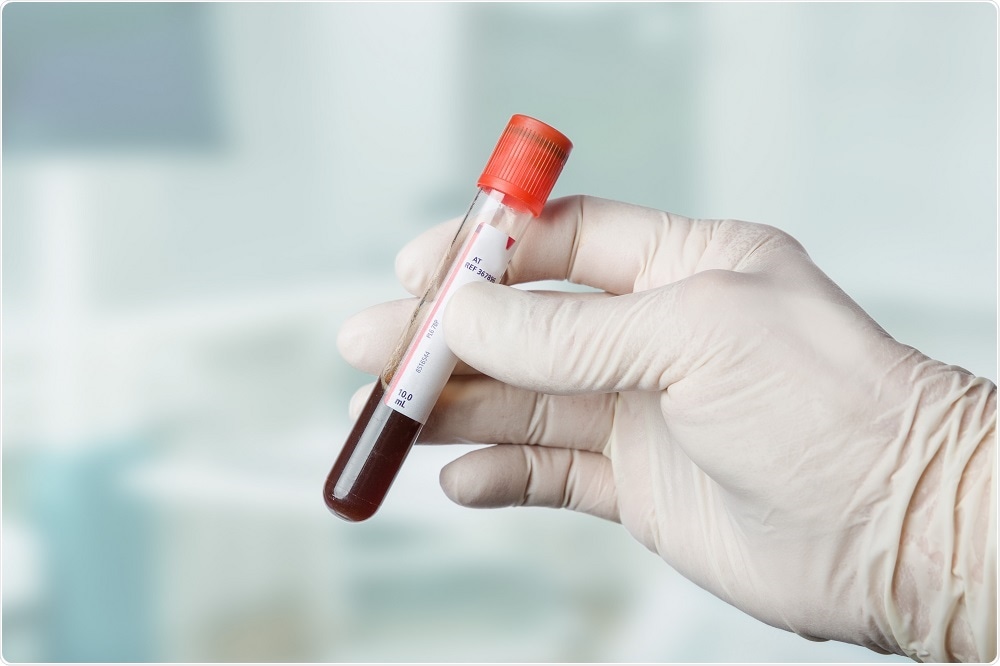A new study led by researchers from Georgetown University Medical Center in Washington has shown that a simple, new diagnostic test helps predict whether early stage bladder cancer will become invasive.
 Image Credit: StudioLaMagica / Shutterstock
Image Credit: StudioLaMagica / Shutterstock
Senior author Todd Waldman and colleagues hope the test will reduce the cost of healthcare for bladder cancer patients and prevent cases of over treatment.
In the U.S, the management of bladder cancer imposes the greatest cost per patient on the healthcare system than any other form of cancer.
For clinicians, deciding whether the cancer should be treated aggressively has been difficult because they cannot tell which tumors are likely to recur and become invasive due to a lack of predictive diagnostic data.
Once a tumor has been surgically removed, clinicians err on the side of caution by monitoring patients as often as every three months over two years, and then every six to twelve months over the years following.
Now, Waldman and colleagues have validated a test that helps to predict whether an early stage bladder cancer will recur and progress.
Working in collaboration with colleagues from the U.S. and Denmark, Waldman has shown that, compared with the diagnostic procedures currently used, the new test is 2.4 times more precise at predicting whether a tumor is likely to recur following treatment and 1.9 times better at predicting whether a tumor is likely to progress, become invasive and spread.
The new procedure involves testing excised tumors for over expression of a gene called STAG2, which Waldman had previously found to be key to the development of potentially dangerous tumors.
Waldman refers to the test as a very simple and robust procedure that offers pathologists additional two-fold predictive discrimination.
We are closer to our goal of lowering the risk of both aggressive bladder cancer and over-surveillance and treatment side effects in bladder cancer patients.
In principle, it might be possible to reduce the frequency of post-resection surveillance and therapy in patients whose cancer is STAG2-negative, and, conversely, treat patients and keep up high frequency surveillance in patients who have positive test results."
Todd Waldman, Senior Author